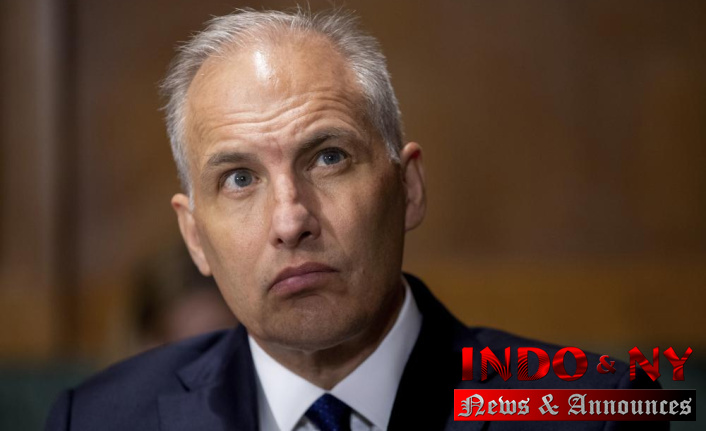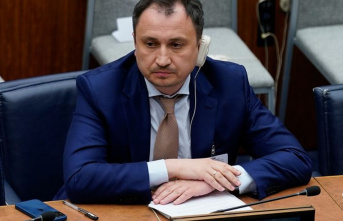However, it was criticised for unfairly targeting Chinese college professors because of their ethnicity.
Wednesday's announcement by the Justice Department's top national-security official was that the China Initiative had been abandoned and that a higher standard has been set for the prosecution of professors. This follows a lengthy review that was conducted after complaints about the program's impact on academic collaboration and anti-Asian bias. In the past year, the department has suffered several high-profile setbacks in individual criminal prosecutions that resulted in multiple criminal cases being dropped against academic researchers.
Matthew Olsen, Assistant Attorney General, stated that the department will continue to "be relentless in protecting our country from China," but will no longer group its investigations or prosecutions under China Initiative label. This is partly because of the threat facing the U.S. from Russia and Iran as well as other threats.
He stated that he was convinced that a broad approach is needed, one that considers all threats and makes use of all our resources to fight them.
This program was created by Jeff Sessions, then-Attorney general, in order to stop what officials called aggressive Chinese efforts to steal intellectual property from America and spy on American industry.
Olsen stated to reporters that he believes the initiative was motivated by legitimate national security concerns. Olsen said that he didn't believe investigators targeted professors based on ethnicity. However, he said he was open to any concerns he heard from Asian American groups.
Olsen stated that anything that gives the impression that the Department of Justice has different standards for racial or ethnicity is detrimental to the department and its efforts and harms both the public and the department.
Olsen spoke later that day at the National Security Institute of George Mason University's Antonin Scalia Law School. He stated that "by grouping cases under (the China Initiative rubric), we helped give rise to the harmful perception that either the (Justice Department’s) investigations and prosecutions for criminal conduct related that country or that people with racial or ethnic ties to China are treated differently."
Officials and groups representing Asian Americans who had lobbyed the department to terminate the China Initiative were happy with Wednesday's move. California Democrat Rep. Judy Chu is the chair of the Congressional Asian Pacific America Caucus. She said that the initiative had ruined careers and discouraged Asian Americans to pursue academic specialties in engineering, science, and math. It also reinforced "harmful stereotypes."
Chu stated in a statement that "there are serious national security issues facing our country from across the globe, but our response should be based upon evidence, not fear and racism."
This initiative led to convictions against hackers accused of hacking into the networks of U.S. businesses. It was associated most with the investigation of professors at American universities who were accused of concealing their ties to China in applications for federal grants.
When there is evidence that researchers are committing fraud, federal prosecutors will continue to pursue them. Washington's National Security Division prosecutors also play a supervisory function. Sometimes, prosecutors might opt for administrative or civil solutions to criminal cases.
Some academics have been convicted by the department, including Charles Lieber, , a Harvard professor who was found guilty of concealing his ties with a Chinese-run recruitment program.
However, there have been many other cases where the department dismissed or had its prosecutions thrown out of court.
The case against Gang Chen a Massachusetts Institute of Technology professor was dropped by the department in January. This occurred during the last days of Trump's administration. After receiving information from the Department of Energy, they concluded that they were unable to meet their burden of evidence. This was because they found out that Chen had not been required by law to disclose certain information.
In September, a federal judge dismissed all charges against a University of Tennessee professor who was accused of concealing his relationship to a Chinese university and receiving research grants from NASA. The university offered to reinstate him.
Olsen stated that the department would continue to support the ongoing cases against researchers and academics, signaling that these prosecutions will not be abandoned.
In a speech last month, Christopher Wray, the FBI Director, stated that China's threat was "more brazen than ever." The FBI opens new cases every 12 hours to counter Chinese intelligence operations. Olsen agreed.
Olsen stated, "I'm taking no tools off the table" Olsen also stated, "I don't think there is any reason to retreat from that threat. We will not step back."












